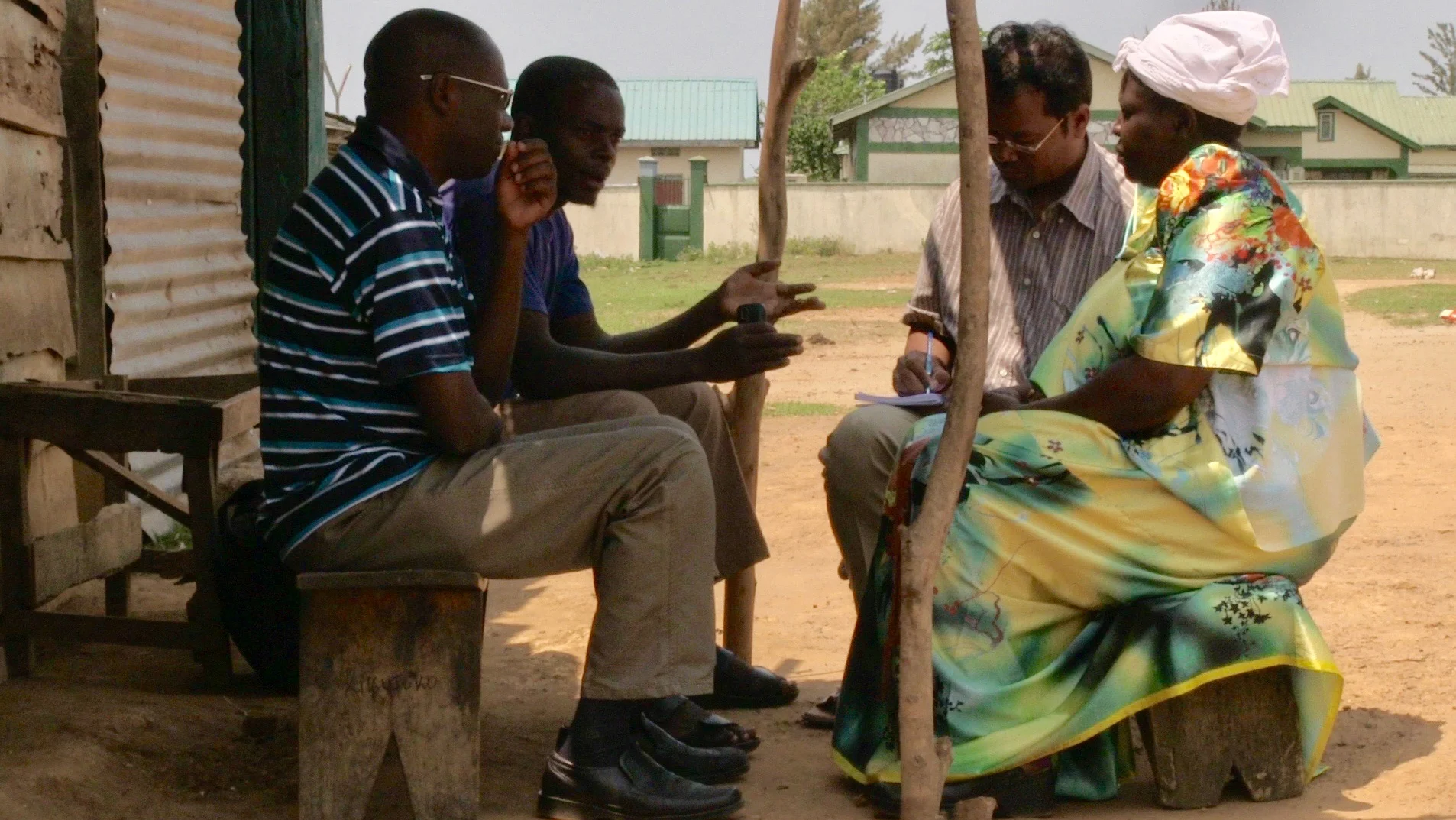The challenge
Growing populations, urbanization, economic integration and resource-intensive consumption patterns all contribute to rising competition for natural resources. Climate change, biodiversity loss, water scarcity and land degradation stress agricultural economies and ecosystems.
For the rural poor who depend on common lands, forests, fisheries and water resources, the combination of growing competition and ecosystem change can increase poverty and vulnerability.
Structured, multi-stakeholder dialogue can catalyze joint actions to address the roots of environmental resource conflict, nurture resilient local economies and livelihoods, build capacity to adapt to changing environments, and increase social and economic equity.
The approach
We partner for change. We form high leverage partnerships to accelerate innovations by supporting leading social entrepreneurs and organizations working in different natural resource and livelihood domains. We seek out those with the knowledge, networks, and commitment to achieve systemic change in their fields.
We build capacity to drive innovation. We design learning processes that link multiple sectors and multiple regions, and create avenues for local innovations to influence policy reform. Drawing from the fields of organizational development, facilitation, conflict management, natural resource governance, and social-ecological resilience, we distill good practices suitable for adaptation in different cultural and institutional contexts.
We derive evidence to influence investment at scale. Action research, hands-on capacity building, and rigorous outcome evaluation provide the tools for evidence-based decisions by governments, development agencies, and the private sector. We work with our partners to harness this evidence to shift patterns of investment and deliver social, economic and environmental gains aligned with the Sustainable Development Goals.
What makes CoRe different?

We’re a small, agile team of changemakers:
• Integrated. We work at the nexus of ecological, social, and economic development, to support resilience of the linked ecosystems and economies that underpin rural livelihoods in the face of rapid change.
• Focused. Our first aim is to contribute to the capacity of civil society organizations to create and participate in effective dialogue processes at scale, combined with outreach promoting complementary shifts in policy and investor priorities.
• Catalytic. Rather than design and implement new field programs in competition with others, we’re building a network of system entrepreneurs, who collaboratively build and share experience of approaches to catalyze change in different contexts.
• Evidence-based. We monitor and assess the links between stakeholder capacity, governance innovations, policy reform, and livelihood outcomes. We assist others to do the same. And we compare and share results to continuously feed our joint learning.
Want to dig deeper? Explore our partnerships, view resources on our approach to multistakeholder dialogue, and get to know our team.
Ways we engage
CoRe supports its partnerships through three primary mechanisms:
Program grants for research, development, and outreach. For example, the German Federal Ministry for Economic Development and Cooperation (BMZ) has invested in cross-regional action research and development of practitioner and policy guidance. The CGIAR Research Program on Policies, Institutions and Markets (PIM) invests in convening, capacity building and analysis comparing lessons from diverse agroecosystems.
Partner co-investment for joint development of activities and outcomes within existing programs. For example, the International Land Coalition (ILC) co-invests to organize international workshops, build an emerging community of practice, and document lessons, drawing on its core funds from the European Commission, the International Fund for Agricultural Development (IFAD), the Ministry of Foreign Affairs of the Netherlands, the Swedish International Development Cooperation Agency (Sida), Irish Aid, and BMZ.
Service agreements for delivery of targeted capacity building, research, or advisory services. This enables shorter term inputs responding to more specific areas of identified demand. These include workshop facilitation and documentation, tailored training programs, production of research reports or guidance for a particular area of program development, participatory program evaluation, strategic reviews, and policy dialogue processes. For example, the German NGO Welthungerhilfe commissioned CoRe to conduct a program evaluation of its Land for Life initiative in Burkina Faso, Ethiopia, Liberia and Sierra Leone.








